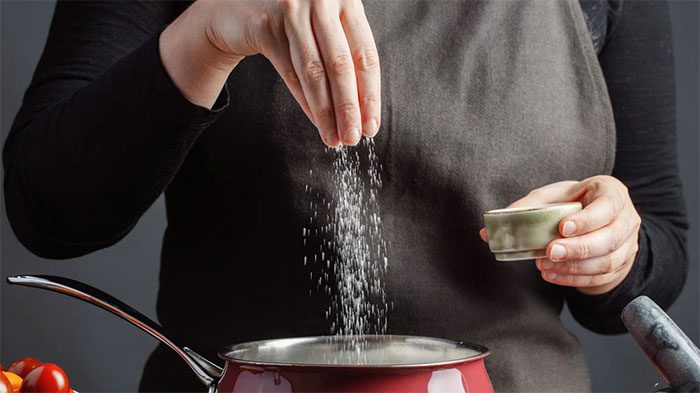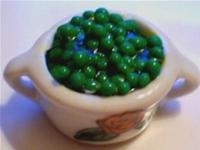Unhealthy eating habits can increase the risk of kidney stones, negatively affecting your health. If you have one of the four habits listed below, it’s time to change to reduce your risk of developing kidney stones.
Eating Mistakes That Increase the Risk of Kidney Stones
Risk factors for kidney stones include being overweight, obesity, having certain medical conditions, or taking specific medications. Additionally, some unhealthy eating habits can promote the formation of kidney stones and adversely affect your health.
1. Not Drinking Enough Water

Generally, kidney stones are less likely to form when you drink enough water.
Not drinking enough water may prevent your body from producing sufficient urine, which hinders the elimination of waste products from the body. Waste products, including minerals, can accumulate and crystallize, increasing the risk of stone formation.
Generally, kidney stones are less likely to form when you drink enough water. The National Kidney Foundation in the U.S. recommends that an individual should drink 8-12 cups of water each day. Additionally, people should increase their water intake during high-intensity workouts or when exposed to hot weather and sweating.
2. Consuming Too Many Sugary Drinks
Sodas and sugary beverages have high fructose content, which can be converted into oxalate, increasing the excretion of uric acid and calcium in the body. The combination of high levels of oxalate, uric acid, and calcium can elevate the risk of kidney stone formation.
Moreover, regularly consuming sodas and sugary drinks can increase the risk of metabolic disorders, overweight, and obesity, which are also risk factors for kidney stones.
3. Eating Too Much Salt
A diet high in salt can increase the risk of kidney stones by raising the amount of calcium in urine. Some studies have shown that reducing salt intake can decrease calcium excretion and lower the risk of kidney stone formation.

An adult should consume less than 5 grams of salt per day for optimal health.
Reducing salt in your diet not only helps prevent kidney stones but also mitigates the risk of cardiovascular diseases.
According to the World Health Organization (WHO), an adult should consume less than 5 grams of salt per day for optimal health. Additionally, people should limit their intake of high-salt foods such as processed foods and various sauces and seasonings.
4. Eating High Amounts of ‘Bad’ Fats and Animal Proteins
Regularly consuming foods high in saturated and trans fats, such as fried foods and fatty meats, can lead to overweight and obesity, increasing the risk of kidney stone formation.
Furthermore, consuming excessive amounts of animal proteins like beef, pork, and poultry can elevate uric acid production in the body. Eating large amounts of animal protein also reduces citrate levels in urine, which helps prevent kidney stone formation.
However, it is essential to include protein in your diet for the proper functioning of body organs. Therefore, individuals should reduce their intake of animal proteins and replace them with healthier plant-based proteins, such as beans, nuts, and oats.
Kidney stones can significantly impact our daily activities. Therefore, it is crucial to maintain a healthy lifestyle and limit unhealthy eating habits to keep the kidneys functioning well.




















































